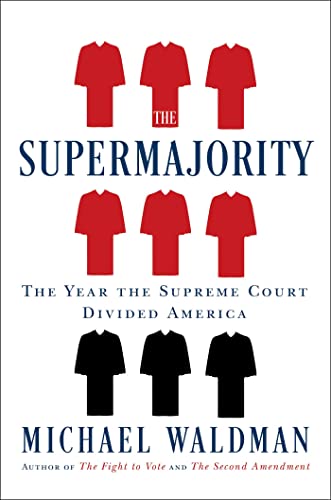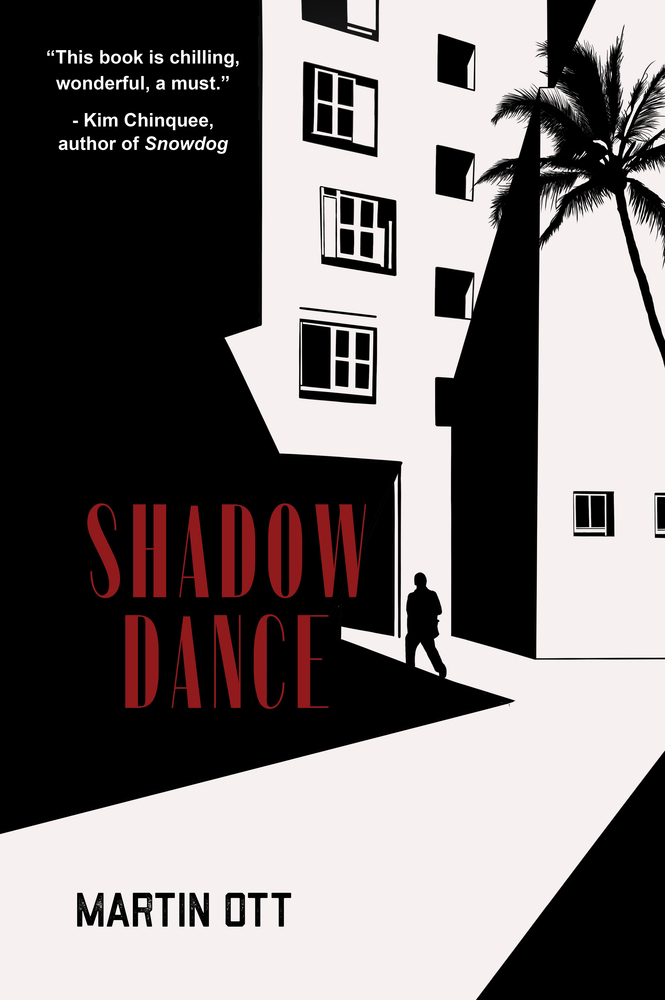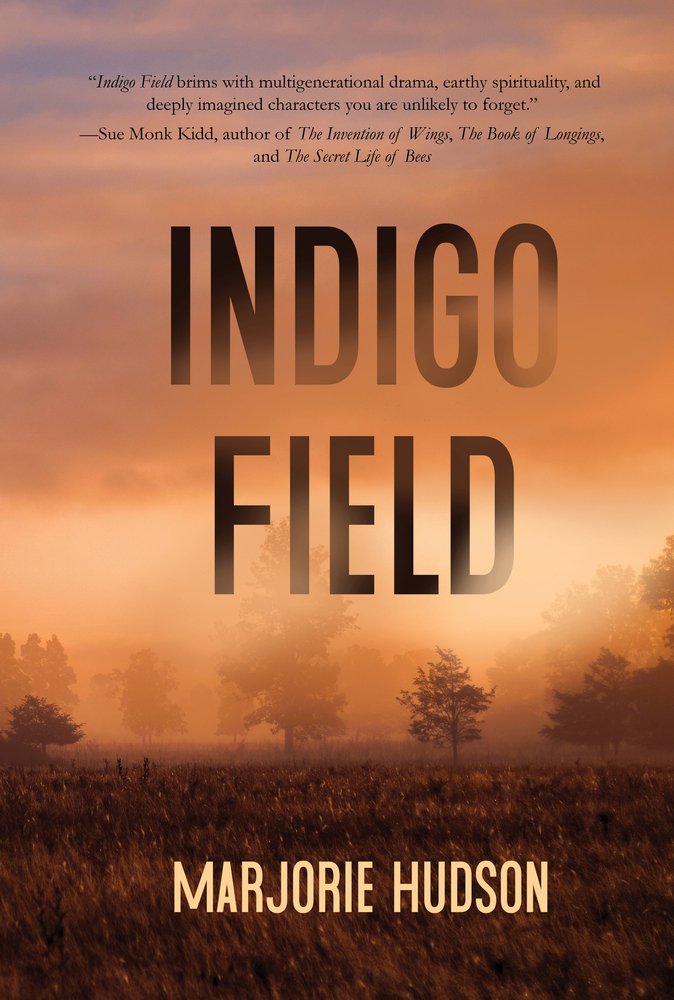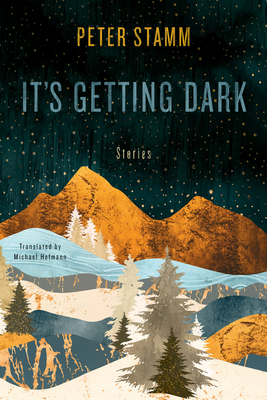That’s a wrap on my reading journal for this year. I’ve logged only 60 books this year, fewer than any year in recent memory.
The Supermajority: The Year the Supreme Court Divided America by Michael Waldman is a frightening book. Waldman, who directs the Brennan Center for Justice, looks back at the history of SCOTUS and how their function has evolved over time. The scary part is how in recent years the court has taken on much more of a political overtone with a tendency to abandon precedent (the principle of stare decisis) in favor of reinterpretations of the constitution with a political perspective. This has led to the conservative majority making wildly unpopular decisions overturning decades of social progress and threatening to do even more damage in the coming years. Terrific book.
Shadow Dance by Martin Ott. Here is the blurb I provided for this book, which was published in December: Martin Ott’s Shadow Dance is the perfect L.A. Noir novel for our times, with a little of everything—romance, drugs, filmmaking, PTSD, twisted families, repressed memories, and mysterious disappearances—all set in a sketchy strip club in Little Persia on L.A.’s West Side. Ott’s Buddy Rivet is a deeply flawed character, a hard-luck Army vet, who readers will root for, a soulful guy who wants to save the world but isn’t sure he can save himself. This book is L.A. Confidential meets The Family Fang, with all the deception and double-cross of a terrific crime story, told in breathless, blunt-force-trauma prose.
Indigo Field by Marjorie Hudson is a sprawling novel about addressing past injustices. It’s more than that, though. It’s also about redemption and healing old wounds. To some extent, the story is about Rand, a retired Army Colonel who isn’t happy living in a North Carolina retirement community with his wife, Anne. Their daughter lives far away and their son has yet to live up to the expectations Rand has for him. Their lives begin to intersect with the local community—descendants of native and formerly enslaved populations—with the sorts of conflicts you would expect. For one thing, the son is interested in archaeology and finds work on a site studying an old native burial ground, which raises ethical questions and also dredges up a past that some would like to leave buried. One of the most charming aspects of the story is the presence of TJ, the son of a man who killed the black woman he was living with and who was something of a mother to TJ. When the father is sent to jail, TJ is fostered by Ruby, an older Black woman who is the aunt of the murdered girl. TJ is a good kid who still manages to get into mischief, but Ruby does her best to keep him on the right path. A lot is going on in this book, but it’s an enjoyable read.
It’s Getting Dark by Peter Stamm, translated by Michael Hofmann: I admire these stories and the odd sensibility they represent. What connects them is a quirk in most of the stories that pivots on the unreal–almost but not quite magical realism. Having recently read the author’s novel The Sweet Indifference of the World, I have the sense that this is something of a hallmark of his work. (And let me just add some applause to Other Press for bringing such fine translated work to a US audience.)





Not surprised at your lower ‘read’ number; you have been busy with publishers. Looking forward to the next ‘Garstang’ novel.
Thanks, Sally!
Clifford,
I follow you thoroughly. Getting Supermajority for my son (whose own Read Write Own comes out end of Jan, which will probably come across your bow (Chris Dixon), and which I highly recommend), and Shadow Dance for myself.
Two things: Have you looked at Steven Koonen’s Unsettled?…re climate, and, is there a way I could contact you more privately, re a question on publishing, and an as yet unpublished book (not mine) I’d like to send your way?
Thx… hope there’s enough below for contact.
Kent
Thanks. I’ll email you.